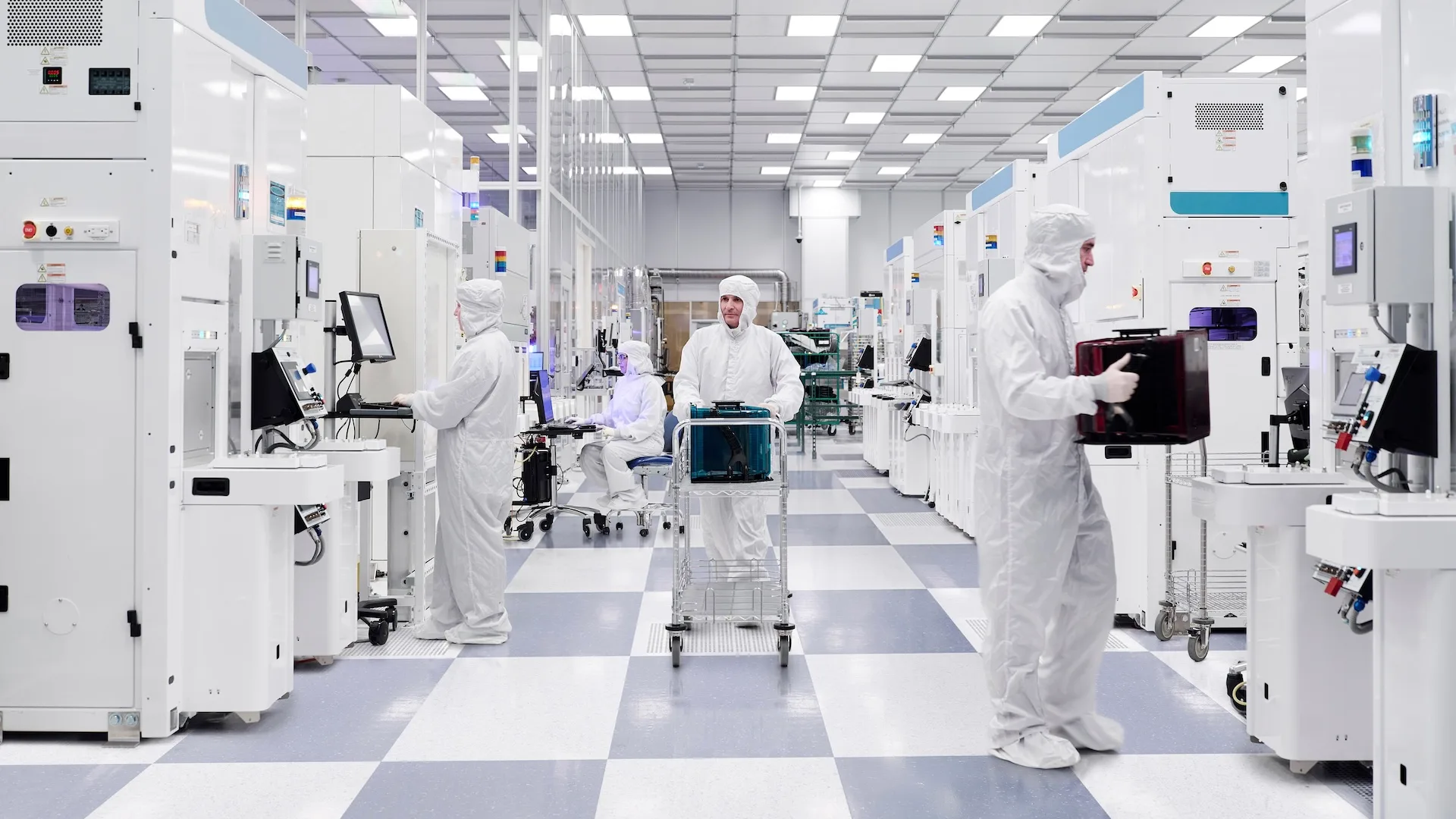Copyright Inc. Magazine

This morning IBM reported two new breakthroughs in the race to advance quantum computing. The announcement signifies the urgency for business leaders to begin preparing for a quantum boom. While quantum computing exists today, it does not yet have an advantage over classical algorithms. By 2029 it will, according to IBM. The tech giant expects to produce large-scale quantum computers capable of operating more efficiently than classical computers. Soon, quantum computing will be linked to nearly every industry. By processing information in fundamentally new ways, quantum computing could transform how industries like finance and chemistry, applied across areas like healthcare, life sciences, and transportation, will solve their most complex problems. IBM’s announcement revolves around two quantum chips, one advancing the long-term technology and one the short term. Featured Video An Inc.com Featured Presentation IBM Quantum Loon is a new processor that represents a monumental jump in the complexity of the programming that will be possible in the next few years. It demonstrates a key building block in IBM’s mission to build the world’s first fault-tolerant quantum computer. The Starling system is the quantum computer, and Loon is the chip essential to its function. Scott Crowder, CTO and vice president of quantum computing at IBM, emphasized the weight of the innovation. “This is a new computational tool that people are going to use to be able to solve problems that you just can’t do with classical algorithms,” he says. “This is the first time that information science or computing has really branched. This is not like a GPU. This is not just a faster CPU. This is a completely different way to do computation.” The second product announced this morning is IBM Quantum Nighthawk, a processor that will enable the immediate continuation of operating powerful quantum systems. IBM’s current product is already the best in the industry. Nighthawk is 30 percent more efficient. “We think with that processor, many people will find use cases where the quantum is now better than classical, so quantum will have an advantage,” Crowder says. According to Crowder, there is no debate that quantum computing will be the most efficient system in the near future. And because nearly all industries are digital, it’s crucial that industry leaders begin planning the role quantum will play in their businesses as a computational tool. “2029 is not very far away,” he says. “From an industry perspective, that means that you need to understand how you can leverage that technology for your industry, or how it’s going to disrupt your industry… And then second, how do you get ready for it?” Crowder says it will come down to making sure a number of people understand how to use the computational tool. It’s similar to AI in that it will be necessary to instill a core set of skills within a business. “The computers exist, so it’s not a case where you can’t use it as a computational tool now, it’s just that right now it is not yet better than a different approach,” Crowder says. “But in a couple years, it will be.” The success of quantum computing relies on continuous testing in different use cases. To help progress our knowledge of the technology, IBM created “advantage trackers,” or open forums for people to discuss where they tested the algorithm and the results. Where Will Quantum Computing Make the Biggest Impact? The finance world is already seeing the potential of quantum computing, says Crowder. “HSBC found that using quantum machine learning, they could get a higher predictability of whether something would trade or not trade. They can turn that into money—if they can predict better than somebody else.” Chemistry-driven technologies, like Lockheed Martin developing propulsion chemistry for rockets, as well as life sciences companies, like Moderna and the Cleveland Clinic, will also be among the first to benefit from quantum computing, Crowder says. The energy sector also has a great deal of potential, he adds, for optimization problems like power grids, as well as battery-reliant renewables.



